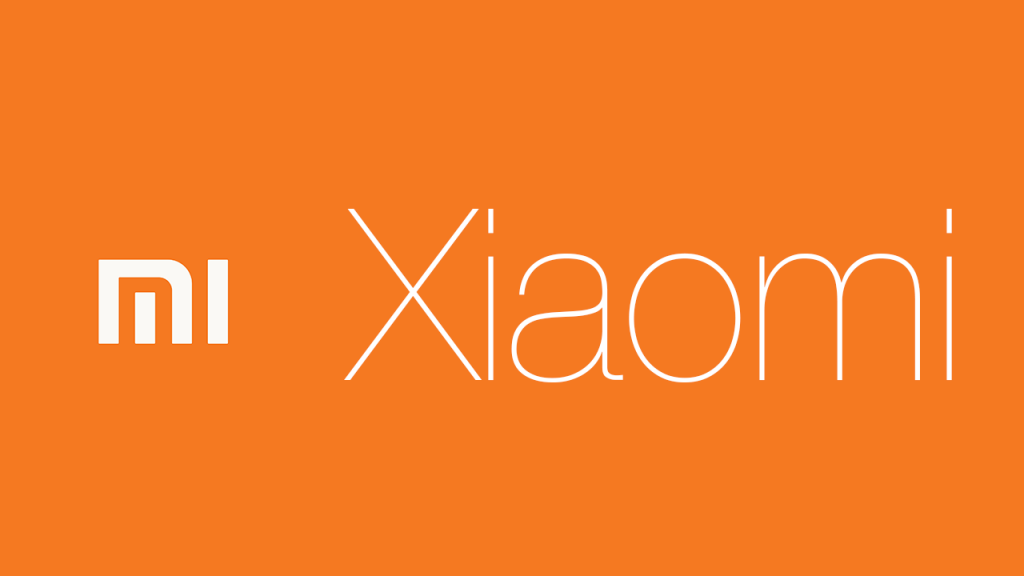
Beijing based Chinese smartphone maker company Xiaomi is in talks with investment banks about an initial public offering and is seeking a valuation of at least $50 billion, Bloomberg reported.
Once, the world’s most valued startup is in the word is considering an offering in the starting of the year 2018 with most probably Hong Kong as its destination, quoted people who don’t want to be named. While banks have talked up prospects of the Chinese smartphone manufacture, as they seek to win the mandate, they have concerns about whether Xiaomi can reach the $50 billion mark, much less a $100 billion target that some top executives have embraced, the people said.
Xiaomi had earlier raised money in 2014 at a valuation of about $46 billion.
Xiaomi, led by Lei Jun, has invested extensively in India, world’s fastest growing smartphone market, capturing the mid-range segment, is on the verge of surpassing Samsung Electrics Co. in the country. It is also in competition with local rivals such as Huawei Technologies Co. and Oppo.
However, Lei Jun in a report to The Information had denied the fact that Xiaomi wishes to go IPO.
Founded back in 2014, Xiaomi made it mark with online marketing campaigns. By 2014, its formula of flash sales and savvy social media helped it top Chinese smartphone rankings and amass the valuation that made it briefly the highest in the world, before it was surpassed by Uber Technologies Inc. Lei, who often sported black turtlenecks, was compared with Apple Inc.’s Steve Jobs.
But Xiaomi faced a setback last year when its shipments failed to stand against the retailer tie-ups of Oppo and counterpart Vivo in small towns and rural areas of China.
Lei has revived the company by expanding its product line, geographic reach, and sales channels. Xiaomi is making a major push into old-fashioned retail: it plans to build 1,000 “Mi Home” stores by 2019—about twice Apple’s global store count—targeting 70 billion yuan ($10 billion) of retail sales by 2021.
Xiaomi got a breakthrough through its Redmi note 4 sale, with about 250,000 sold within minutes in India. The manufacturer hit a billion-dollar revenue in India in 2016.
“We faced many challenges. Many negative reports about us,” Lei said during the March interview. “But it was never as bad as it was made out to be. We have gone back to healthy growth. We will resume rapid growth in the next two years.”
(With inputs from Bloomberg)
